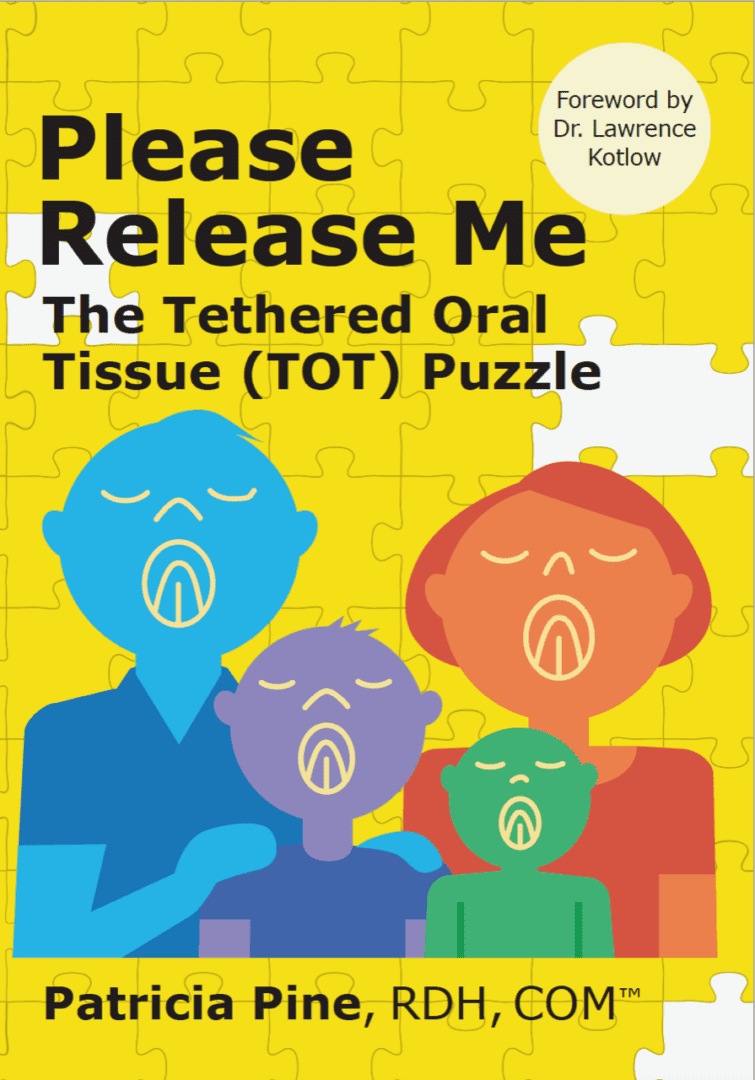Sippy Cups and Your Child’s Growth and Development
Parents are always making healthy choices or the right decisions for their children, and it isn’t always easy. Parents don’t know what they don’t know. However, some options are obvious. One of the best choices a parent could consider at this moment is to stop using sippy cups. There are many adverse oral risks to children’s oral development until permanent maturity is reached. It’s been discovered that a sippy cup’s mouthpiece molds a child’s palate with prolonged use. The molding does not provide normal growth and development for the upper arch and eruption patterns, tongue placement, and overall muscle structure. This type of cup can cause a narrow vaulted palate, which can cause a lack of growth, oral development, and airway concerns. This type of mouthpiece forces the tongue to the floor of the mouth when the tongue should be developing the upper arch. The palate is the floor of the sinus, which can generate multiple nasal and sinus development concerns.
Did you know that during development, things a child does like drinking from a sippy cup, plastic bottle straws, or sucking on their thumb can have detrimental effects on their facial, oral growth, and development? The upper arch should develop via the tongue pressure on the palate in a “U” shape or wide like the shape of a horseshoe. Cups with squared mouthpieces create a squared front (anterior) of the mouth or a “V” shaped narrow palate, which causes crowding of the teeth.
In fact, the reason for this could be the design flaw. The design wasn’t intended to be a part of your child’s oral development. The sippy cup was invented by a father interested in keeping his carpets clean. And while we can all appreciate how the sippy cup does provide that benefit, an essential benefit it does not provide is a healthy drinking device for your child.
Malocclusion is the number one reason for mouth breathing. Non-nutritive sucking, such as one’s thumb or fingers can create a high palate and small sinus cavity with pressure from the device or digit. This discovery is why most dental professionals are on high alert to warn parents that this type of cup or straw use can negatively affect a child’s facial growth and development. This risk is not worth the cost of orthodontic treatment, causing mal-occlusion such as overbite, overjet, crossbites, and possibly other tooth decay risks, bleeding gums, and interference with normal swallowing and digestion.
Imagine the child at the age of 6 months. Sucking consistently on a straw or squared spout forms the soft developing palate. Save for orthodontic treatment.
Take a look at other reasons why skipping the sippy cup may be the best decision.
- Sippy Cups Can Cause Tooth Decay – Unless the beverage is water, constantly sipping is unsuitable for your baby. The sugary acid in the drinks can wear down enamel and demineralize your child’s teeth, thus causing tooth decay.
- Sippy Cups Can Decrease Hunger Pangs – Because sippy cups are so accessible for children, they can keep them from building an appetite for the nutritious foods they’ll get at dinner time. When they’re constantly able to drink from their sippy cups, their stomach is filled with liquids; they lose the desire to eat healthy and mindfully.
- Sippy Cups Can Create Oral Motor Delays – Many over-the-counter sippy cups are spouted and rest at the front of the mouth. They may not learn mature swallow patterns when they are constantly sucking on that long spout. By 6 months old, babies can learn to swallow just like an adult; however, when that pattern is impeded, it can cause tongue thrust, thus causing a delay in oral motor skills, overall oral development while creating an open bite and mouth breathing.
These are three significant reasons to choose other cups, especially normal open ones. Ensuring that your child has the best possible chance for proper development in all forms is of the utmost importance.
Water is an excellent choice if your child is thirsty! We understand that there are children who, for specific reasons, need to drink from a cup with a spout or straw, but for children who are not medically required to use one, we highly recommend choosing a safe cup like 360 cups. High sugar liquids in any cup is not recommend to keep a baby’s teeth healthy and decay-free. Baby teeth keep the spaces for their permanent teeth, so all baby teeth need to be in place, allowing the permanent (adult) teeth to erupt in their place.
We recommend using 360 cups to minimize spills while still supporting your child’s dental health and oral development. Traditional sippy cups can affect how your child’s mouth develops, including their tooth eruption and their natural tongue position. Parental decisions now can impact the rest of their child’s life, so it’s necessary to take steps now to ensure that their oral health is protected for life.
Children today are intelligent, and as they grow, they like to imitate mom and dad. Moving to a healthier means of drinking liquids might not be that difficult. Offering fresh fruit and veggies to a toddler in a high chair is a great option to build their jaws as human jawbones grow when pressure is created. A large carrot to munch on while waiting for lunch or dinner is a great jaw builder. This also allows the developing deciduous (baby) teeth to break through the gum tissues a little easier.
If you see that your child is having trouble swallowing or may show symptoms of tongue-tie, or other oral issues, it could be time to reach out to a myofunctional therapist to get help with any of these issues. Here at Muscles in Harmony, we can help retrain the facial muscles in your child to help them address issues with speech concerns, breathing problems, chewing issues, and more. The end goal is to help retrain the muscle patterns to work in harmony. We can’t forget that the tongue is the CEO of the body and dictates how the mouth developsâ€â€more on this in another blog.
Do you think your child may be showing symptoms of a tongue-tie? Take a look at our checklist below with symptoms of a tongue-tie for children of all ages.
We see children at the early age of two years old to assist in the natural development of the dental arches. View the document below for symptoms of tongue-ties in children of all ages, and give us a call at (480) 442-1590 to get started with myofunctional therapy treatment.

